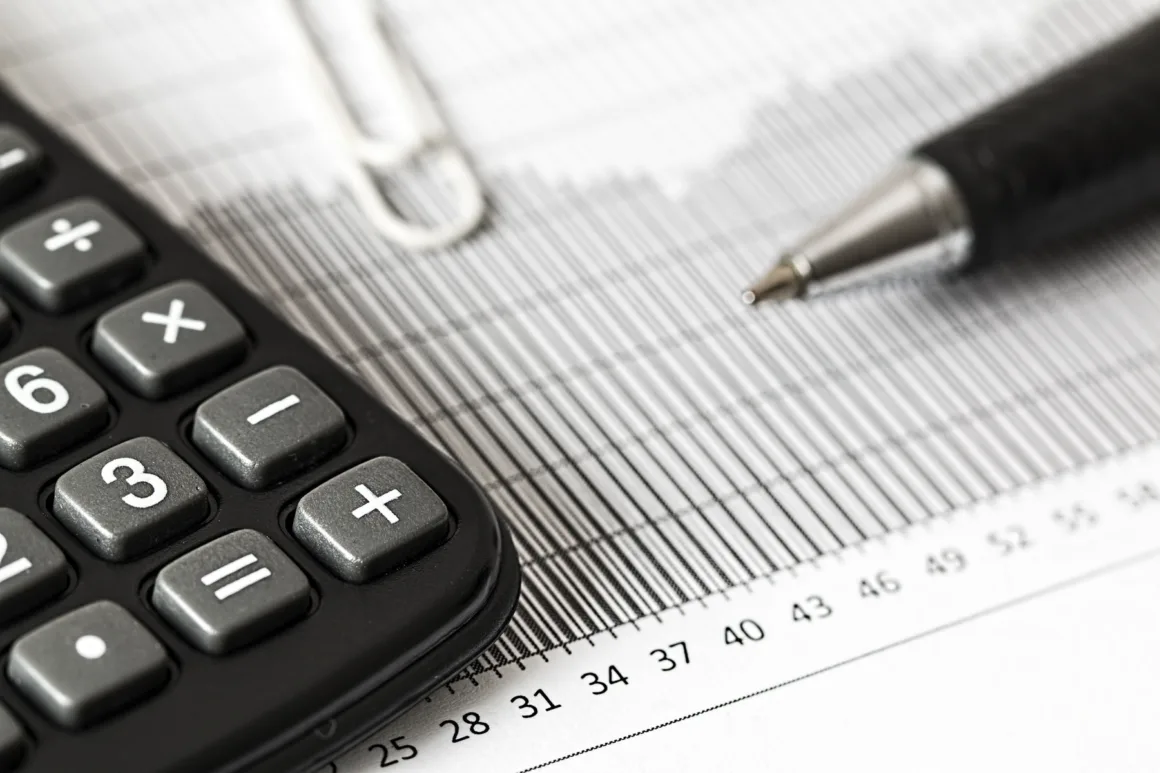When it comes to selling a primary home, taxpayers can benefit from the exemption for buying a main residence, which allows them to avoid paying capital gains tax (CGT) on the sale. However, certain scenarios can prevent taxpayers from applying for this exemption. It’s important to be aware of these situations to ensure eligibility for the exemption. Let’s explore four common scenarios that can cause problems with the exemption:
1. The Property is Not a Dwelling
To qualify for the exemption, the property must be a dwelling. This means it must be used wholly or mainly for residential accommodation, such as a house, an apartment, a caravan, or a houseboat. A vacant block of land does not qualify as a dwelling and therefore, does not qualify for the exemption. Similarly, if the property is used for non-residential purposes, such as running a business, renting it out, or flipping it, the exemption may not apply.
2. The Property is Not the Main Residence
To qualify for the exemption, the property must be the taxpayer’s main residence, their partner, and their dependents. This means that they must live on the property and treat it as their home. Factors that indicate whether a property is the main residence include:
- The taxpayer and their family live in it
- Their personal belongings are in it
- It is the address their mail is delivered to
- It is their address on the electoral roll
- Services such as gas and power are connected
The length of time the taxpayer stays in the property and their intention to occupy it as their home may also be relevant. It’s important to note that if the taxpayer owns multiple properties, they can only nominate one as their main residence at any time.
3. The Property is on Land of More Than 2 Hectares
The exemption for buying a main residence applies to properties on land of 2 hectares or less. If the land exceeds this limit, the exemption may only apply to a part of the property. In such cases, the taxpayer must apportion the capital gain or loss between the exempt and non-exempt parts of the property based on their respective market values.
4. The Taxpayer is a Foreign Resident
To qualify for the exemption, the taxpayer must be an Australian resident for tax purposes at the time of selling their property. If they are a foreign resident at that time, they may not be entitled to claim the exemption. This rule applies even if they were an Australian resident when they bought or lived on the property.
These are some of the common scenarios that can prevent taxpayers from applying for the exemption for buying a main residence. Taxpayers must be aware of these situations and seek professional advice if they are unsure about their eligibility for the exemption.








